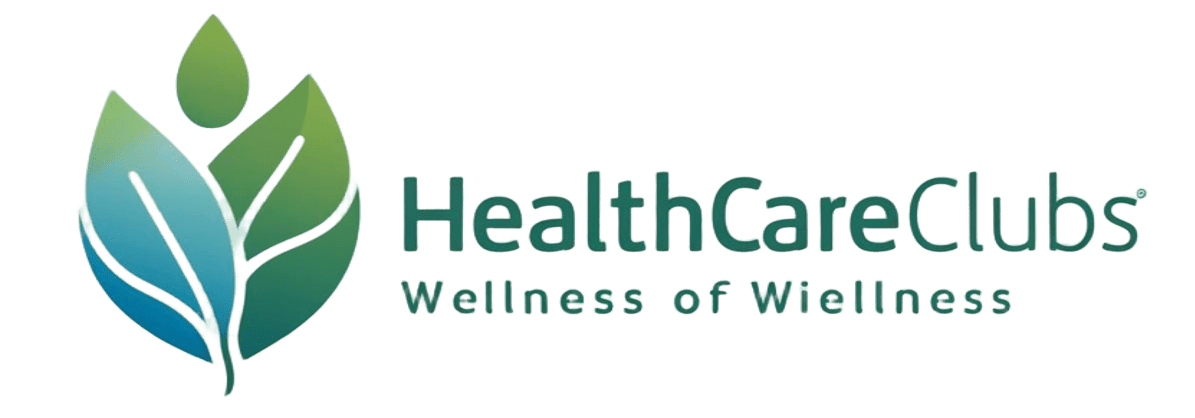Healthcare agencies are an important part of the community, offering crucial medical care to individuals and households. These healthcare agencies are tasked with offering all manner of healthcare services, such as preventive services, treatments for illnesses and injuries, and care for those suffering from ongoing illnesses. They are also mandated to engage in promoting the public’s health and wellness through education initiatives and public outreach programs. Healthcare agencies seek to ensure all members of the community are able to access quality healthcare services, regardless of the individual’s financial status or lack of insurance coverage. They further engage with other community organizations and government organizations to address public health concerns and enhance the community at large.
Healthcare agencies are not only agents of healthcare provision but are also champions of individuals who face barriers to receiving healthcare services. They are involved in resolving healthcare access disparities, among others, and seek to ensure that all members of the community are able to live healthy lives. Besides, healthcare agencies mainly offer assistance to vulnerable groups, i.e., the elderly, the disabled, and the homeless. By targeting the specific healthcare needs of the vulnerable populations, healthcare agencies help to promote healthcare equality and social justice in the community.
Services Provided by Healthcare Agencies
Healthcare agencies provide numerous services to address the varied healthcare needs of the community. These services can comprise primary care, specialty medical services, mental health and substance abuse services, as well as preventive care like immunizations and screenings. Many healthcare agencies further offer support services such as case management, care management, and assistance with accessing community resources. These services are intended to address individuals’ physical, mental, and social issues, and to enhance overall well-being.
Beyond the provision of medical services, many healthcare agencies take an active role in providing education and community outreach to encourage healthy behaviors to prevent illness and injury, including classes, workshops, and community activities that cover such areas as nutrition, exercise, smoking, and the management of chronic diseases. As part of providing education and information to the community, healthcare agencies seek to empower members of the community to become responsible for taking care of themselves and making informed healthcare decisions regarding themselves. Overall, the services provided by healthcare agencies are intended to meet the varied healthcare needs of the community while improving the overall personal health and well-being of community members.

Importance of Collaborating with Healthcare Agencies
Collaboration between healthcare agencies is crucial to supporting public health and the varied healthcare needs of the community. Together with government agencies and other organizations, healthcare agencies can pool their resources and capabilities to solve multifaceted public health problems and enhance the overall wellbeing of the community. Collaboration ensures that best practices, resources, and information are shared, which can contribute to efficient and effective provision of healthcare services. Collaboration can further identify areas of lack of access to healthcare and quality, and innovative solutions can be created to address the problems that exist.
In addition, collaboration between healthcare agencies can ensure that individuals receive coordinated, integrated care that addresses their specific healthcare needs. With collaboration between healthcare agencies, other healthcare providers, and community organizations, healthcare agencies can address individuals’ healthcare determinants, such as transportation, access to housing, and food availability, which affect individuals’ well-being. With this integrated approach to healthcare, individuals’ and families’ well-being can improve, resulting in lower healthcare expenditure in the future. Overall, collaboration between healthcare agencies is crucial to solving public health problems and ensuring the well-being of the community at large.
Here is the human-readable version of the text: Herein Considerations
Selecting the appropriate healthcare facility to suit your needs is a significant choice that is likely to affect your well-being and overall health. When you are selecting the healthcare facility, several aspects should be put into consideration, including the nature of services, the credentials of the care providers, and the reputation of the facility among the public. Consider, too, whether the facility recognizes your policy or has reasonable means of payments. You can, too, request referrals from friends, family, or other medical professionals who may be knowledgeable about the facility.

It is also worth considering whether the agency has experience caring for individuals with similar healthcare needs or medical conditions to you. As an example, if you have a disability or chronic condition, you can select an agency that has experience helping others with similar needs. It can be advantageous to visit the agency personally or talk to members of the staff to be able to sense the culture of the agency along with the approach to care that is provided. It is possible to make the best possible choice of healthcare agency based on these factors.
The Role of Healthcare Agencies in Public Health
Healthcare agencies contribute substantially to public health through the provision of basic services, influencing healthy behavior, and solving public health problems among the community members. Through services and community outreach, healthcare agencies prevent illness and injury, encourage healthy behavior, and enhance access to good healthcare services among all members of the community. These factors, which are solved through the services and activities run by healthcare agencies, contribute substantially to community public health and wellness.
In addition, healthcare agencies tend to cooperate with other organizations, including government agencies, to solve public health problems like infectious diseases, drug abuse, mental illnesses, and chronic diseases. Through collaboration with the involved stakeholders, healthcare agencies can pool resources and knowledge to formulate effective solutions to such complex public health problems. Besides, through information provision to the community, healthcare agencies seek to empower the community to take charge of their health to make informed decisions regarding their care. Generally, the effect of healthcare agencies on public health is substantial, as healthcare agencies seek to solve varied public health problems to ensure the overall health of the community.
Obstacles Confronted by Healthcare Agencies
Healthcare organizations experience various challenges in providing quality healthcare services and improving public health in the community. A major challenge is tackling disparities of access to healthcare services and the quality of care that affect vulnerable populations in the community. Uninsured or underinsured individuals can experience barriers to receiving basic medical care, resulting in adverse health outcomes and higher healthcare expenditure in the future. Other individuals who experience social determinants of health like poverty, homelessness, or lack of access to food can have specialized healthcare needs that demand support from healthcare organizations. Another issue confronting healthcare agencies is the management of public health challenges like infectious diseases, drug abuse, mental illness, and chronic diseases in the community.
![]()






